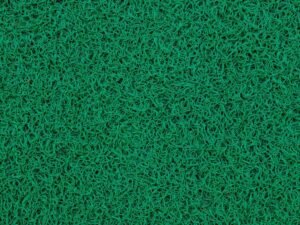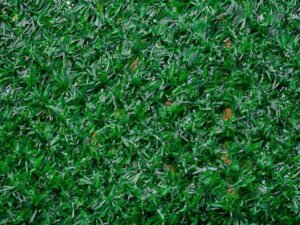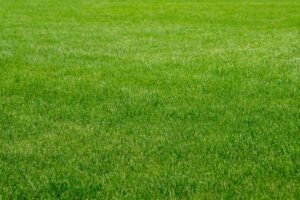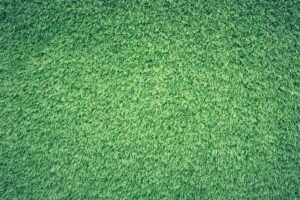For many individuals with grass or pollen allergies, maintaining a natural lawn can be both a frustrating and uncomfortable experience. Traditional grass lawns are known for harboring allergens that can trigger symptoms such as sneezing, itchy eyes, and nasal congestion. Artificial turf, however, offers a low-maintenance alternative that not only looks great but can also provide significant allergy relief. Here’s a closer look at how artificial turf can alleviate allergies and make outdoor spaces more enjoyable for sensitive individuals.
Reduced Pollen and Allergen Exposure
Natural grass lawns are a common source of pollen, especially during warmer months when pollen counts are high. Pollen particles can stick to grass blades and other landscaping elements, creating an allergy-prone environment. Artificial turf, on the other hand, is made of synthetic materials that don’t produce or retain pollen. This means that with Astroturf installation or other synthetic grass installations, you can enjoy a green, lush lawn without the allergy-inducing pollen.
Switching to artificial grass for your outdoor space can drastically cut down the allergens present around your property, making it an ideal choice for homeowners or families with pollen sensitivities. Reduced pollen levels can significantly improve the overall quality of life for those who suffer from seasonal allergies, as artificial turf creates a cleaner, allergen-free space.
Reduced Mold and Mildew Growth
Allergens aren’t limited to pollen alone. Natural grass lawns, especially in areas with high humidity, can be prone to mold and mildew, which are common allergens. These allergens thrive in moist conditions, creating a risk of exposure to spores that can worsen allergy symptoms. Artificial turf doesn’t hold moisture like natural grass, reducing the chance for mold or mildew to grow. This makes fake grass installation an ideal option for those seeking allergy relief without the maintenance hassles of a traditional lawn.
Additionally, artificial turf’s improved drainage system prevents water accumulation, further limiting the conditions needed for mold and mildew growth. With a synthetic grass installation, you can avoid both mold and pollen, resulting in a healthier, cleaner environment.
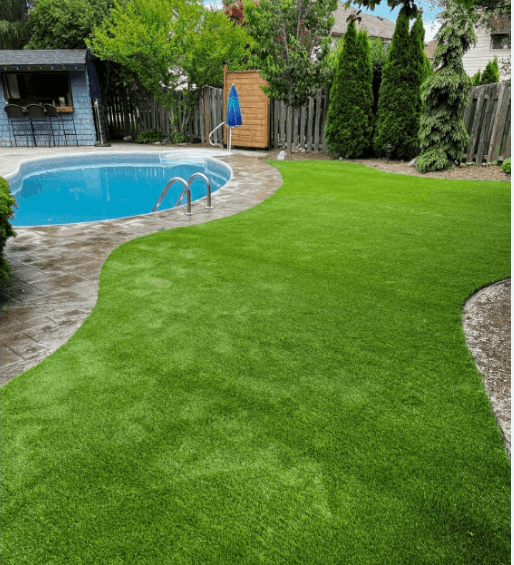
Fewer Insects and Pest Allergens
Another benefit of artificial turf is its low attraction to insects and pests that may contribute to allergic reactions. Natural lawns often attract bugs, such as bees, ants, and other insects, which can exacerbate allergies for sensitive individuals. Turf products like artificial grass aren’t conducive to pest habitats, helping to keep these allergens at bay. Opting for artificial turf means reducing exposure to both insect allergens and the bites or stings they can leave behind.
Minimal Maintenance and Chemical-Free Landscaping
Maintaining a traditional lawn often involves fertilizers, herbicides, and pesticides, which can introduce harmful chemicals into the environment and may trigger allergic reactions. Artificial turf requires no fertilizers or pesticides, eliminating potential allergen exposure. With artificial grass products from a reputable landscaping company, you can keep your yard chemical-free and minimize allergens while reducing overall upkeep.
Because artificial turf requires little maintenance, allergy sufferers can avoid exposure to potential allergens often encountered when mowing, watering, or fertilizing a lawn. For those with grass allergies, the shift to artificial turf offers immediate relief by removing allergy triggers associated with lawn care.
Achieve Allergy Relief with Artificial Turf
At Turrific Turf, we understand the importance of creating a safe, allergen-free environment for your family. Our artificial grass products offer both comfort and ease, reducing exposure to common allergens and eliminating the need for regular lawn maintenance. Contact us today to learn how our artificial turf installations can transform your outdoor space and provide lasting allergy relief.

